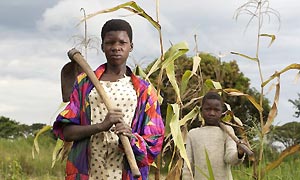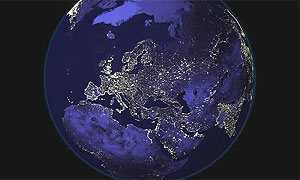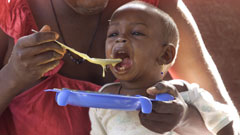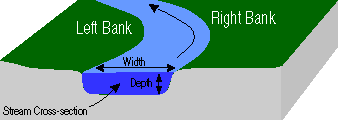With the right flight connections, a journey from the 21st century to the 14th century can take just over 12 hours. It begins in the hot, crowded duty-free hell of Heathrow's terminal 3 and ends - through the bushes down a snaking mud track - by the marshes under a cloudless blue African sky.
This is Katine, in northern Uganda, which for the next three years will be the centre of a unique experiment between a newspaper, its readership, a bank and an NGO. Together, we're going to try to help the people who live here to make a significant difference - harnessing the power of 21st century communications, expertise, resources and good will to help change lives still trapped in the 14th century.

There are excellent videos on some of the issues :
Improving income generating opportunities Most people in Katine are subsistence farmers. Farmers generally lack knowledge or capacity to add value to their crops and live hand to mouth
Improving access to quality primary education
Drop out rates are high in Katine and schools lack basic facilities such as latrines, clean water and textbooks
Empowering communities to engage in local governance
In the decentralised administration structure in Uganda, communities are meant to run their own affairs – in reality they lack the resources to participate
Improving access to safe water, sanitation and hygiene
The lack of safe water in Katine makes people sick. Diarrhoea, typhoid and bilharzia are common, preventable diseases
Improving community health
Preventable diseases cause 75% of premature deaths in Katine. The key health problems include malaria and maternal health.
The site aslo includes a VIRTUAL VILLAGE. What is it?
This is an interactive experience of the village of Katine. This site will evolve and change over the coming years, alongside the development project. So please visit now and come back every week or two to follow the updates and get to know your favorite characters, places and stories. See for yourself what development in Africa means, not only for donors and aid agencies, but also for the people it is intended to help.





















